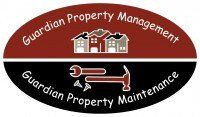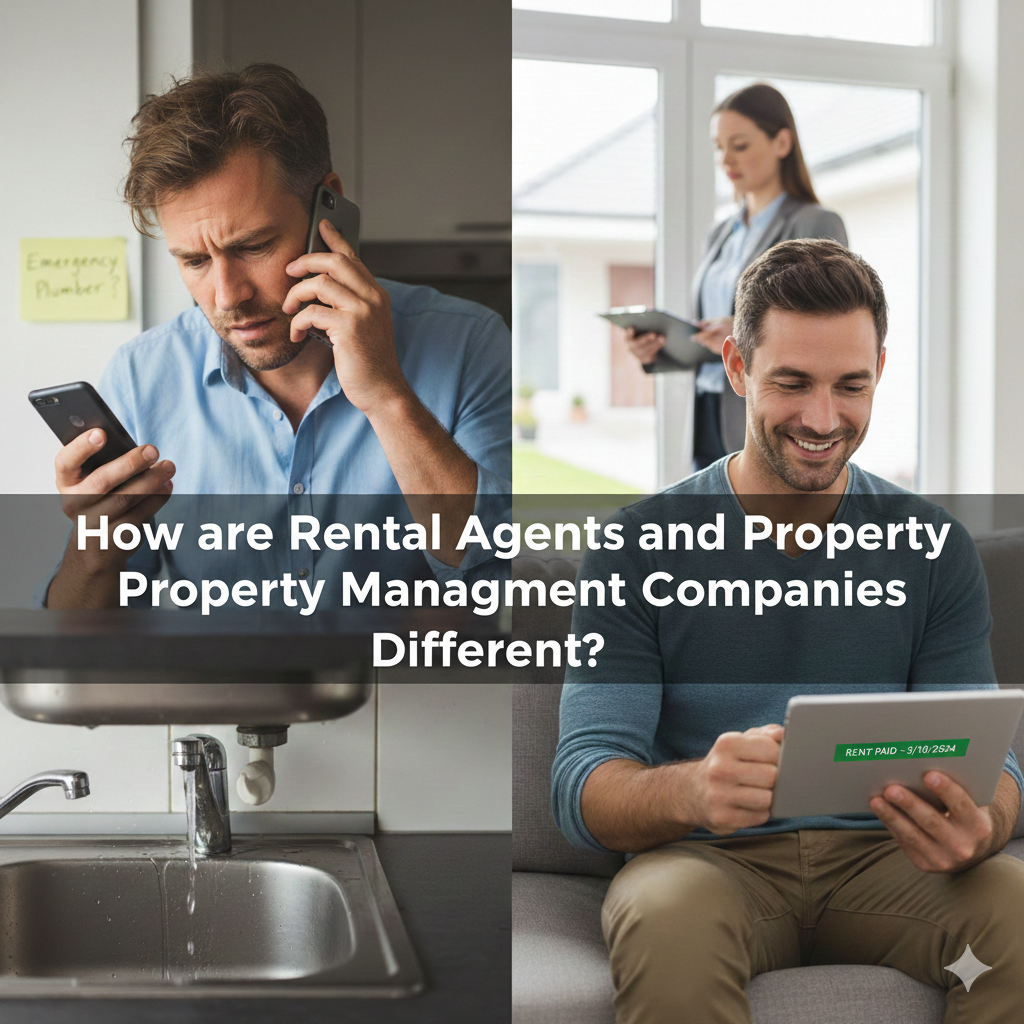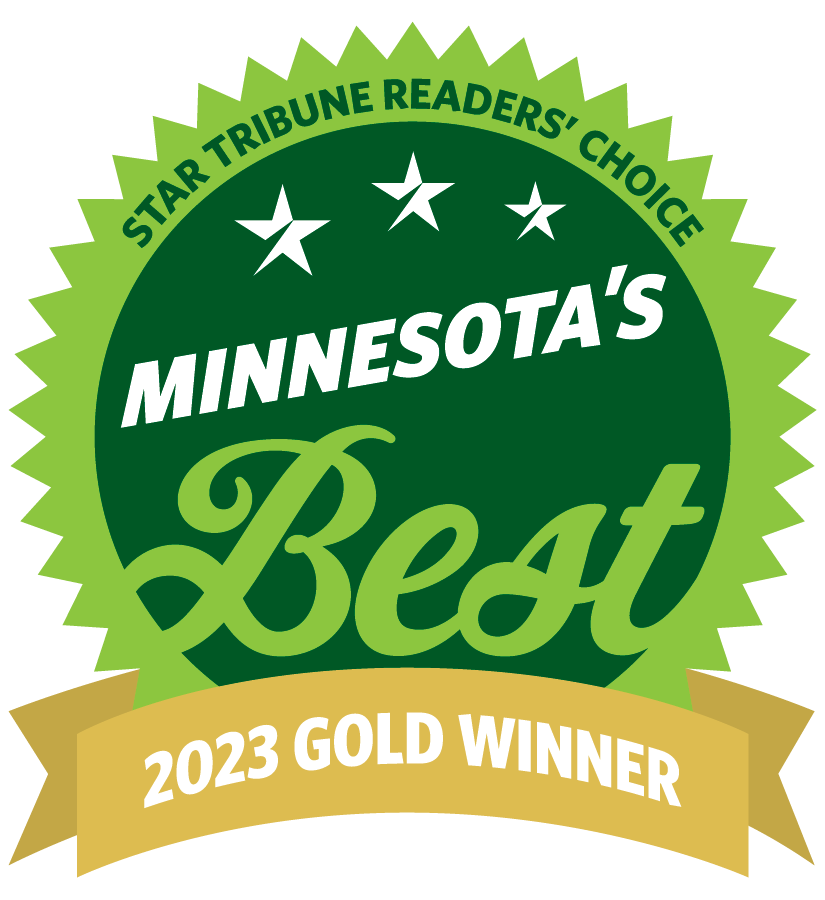With Affordable Housing in Short Supply, Twin Cities Lawmakers Look to Pre-Existing Properties for a Solution
The latter half of the 2010s has been an era of rapid expansion for the Twin Cities rental industry. Over the last several years, developers have rushed in to meet the housing needs of a steadily rising population, transforming the faces of our cities and suburbs alike with high-rise apartment buildings, condominiums and other new multifamily properties. Demand, however, continues to outpace supply, leading to high selling prices and rents.
The ongoing boom is great news, of course, for property owners and sellers—but this apparent blessing creates challenges for many renters, who have found themselves forced to relocate to make way for renovations and new developments, and priced out of the neighborhoods they’ve long called home.
In the face of what many have described as an affordable housing crisis, lawmakers throughout the greater Twin Cities have been searching avidly for viable solutions. One obvious option on the table is to encourage the creation of additional affordable housing. However, building new housing that will be priced below the market rate is an unattractive prospect for developers without added government incentives. Moreover, programs that take this approach have thus far proven insufficient to bridge the gap between supply and demand.
Lawmakers in St. Louis Park recently decided it was time to take a new tack. Their strategy hinges on the increasingly popular concept of “naturally occurring affordable housing”—NOAH, for short—a term that refers to pre-existing, typically older and unrenovated buildings that already charge affordable rents.
In early 2018, the St. Louis Park City Council approved an ordinance designed to help preserve the city’s supply of NOAH, and to smooth tenants’ transitions to new housing if they are priced out or displaced when their building changes hands. Under the new law, owners of properties composed of at least 18% affordable units are required to notify residents of a change in ownership within 30 days of closing, as well as notifying residents of any impending rent increases, lease terminations or changes to the tenant screening process. In the event that tenants will relocate as a result of a property’s sale, the owner must pay the tenants three months’ rent as “relocation assistance” no later than the day the unit is vacated.
Faced with their own housing shortages, lawmakers in other metro area suburbs took notes on St. Louis Park’s innovative policy, and soon began drafting similar legislation of their own. Bloomington was the first to follow in its neighbor’s footsteps by adopting a tenant protection ordinance closely modeled after that of St. Louis Park. Golden Valley was just days behind, approving its take on the policy on August 9. Under Richfield’s tweaked version of the ordinance, passed September 25, owners who sell covered properties must either notify tenants of changes in rents and screening processes at least three months before they take effect, or provide 90 days of relocation assistance.
The similarity of the aforementioned bills, along with the lack of opposition to their passing in each case, indicates that city council members across the Twin Cities suburbs are largely on the same page with regard to the importance of naturally occurring affordable housing, and the necessity of preserving it through legislative means.
Urban lawmakers, too, are paying close attention to the NOAH movement; in April, Minneapolis mayor Jacob Frey announced the city’s 4d Pilot Program, which extended a 40% property tax abatement previously restricted to owners of subsidized housing to encompass naturally occurring affordable housing as well. The 4d Affordable Housing Incentive Program, currently under consideration by the Minneapolis City Council, would further relax eligibility standards in hopes of drawing yet more property owners into the fold.
Affordable housing has been a topic of discussion of late, and has featured prominently in the rhetoric of state and local candidates during the 2018 campaign season. With public interest in the issue at a high and legislative shake-ups impending, property owners can undoubtedly expect more changes in the near future—and, given the policy trends detailed above, it’s certain that NOAH will play a significant part in the conversation.















